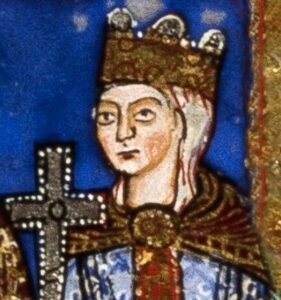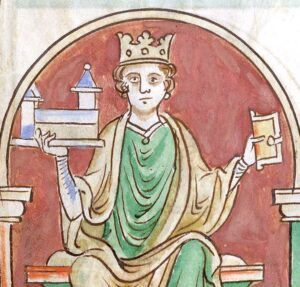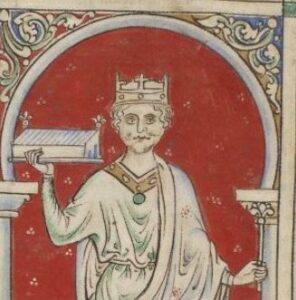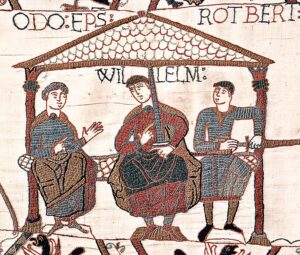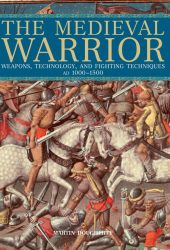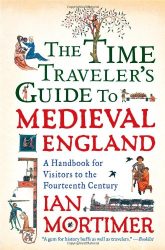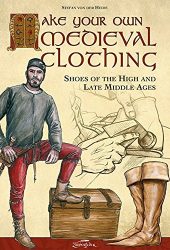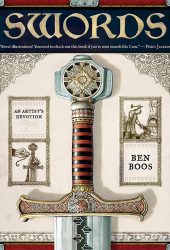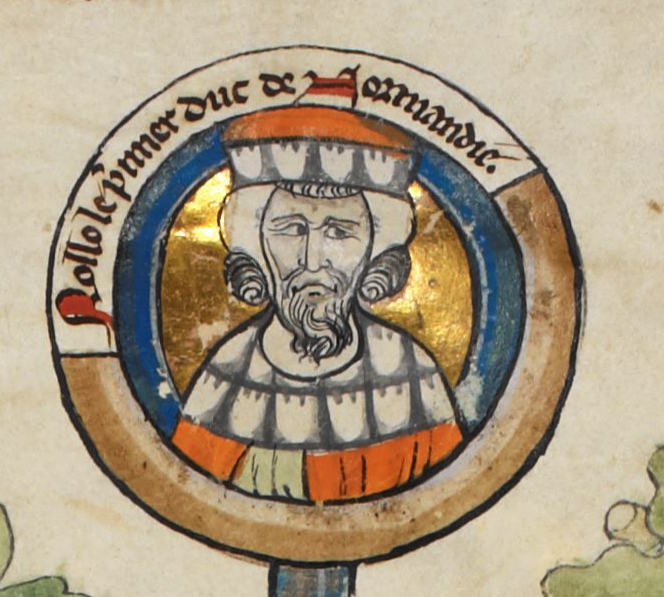
King Rollo, also known as Rollo the Walker or Rollo the Viking, was a Norse chieftain who played a significant role in the history of medieval Europe. He is best known for his leadership of the Viking raids on Francia (present-day France) and for establishing the Duchy of Normandy, which would later become a powerful and influential region in medieval Europe.
Who Was King Rollo?
Rollo’s early life is shrouded in legend and myth, and the exact details of his origins are uncertain. According to Norse sagas and medieval chronicles, Rollo was born in Scandinavia around the late 9th century. He was said to be a fierce and formidable warrior, leading raids along the coasts of France and England.
In the early 10th century, Rollo and his Viking warriors launched a series of raids on the Frankish kingdom of West Francia, terrorizing coastal towns and villages. Their raids were characterized by plunder, pillage, and destruction, earning Rollo a fearsome reputation as a Viking warlord.
In 911, Rollo reached an agreement with King Charles the Simple of West Francia, known as the Treaty of Saint-Clair-sur-Epte. According to the treaty, Rollo pledged his allegiance to the Frankish king and agreed to cease his raids in exchange for land and titles. In return, Rollo became the first ruler of the newly established Duchy of Normandy, a territory located in the northern region of France.
As Duke of Normandy, Rollo embarked on a program of territorial expansion and consolidation, establishing his authority over the region and laying the foundations for Norman rule. He encouraged settlement and development, promoted Christianity, and established a stable and prosperous realm.
Rollo’s descendants, including his son William Longsword and his grandson Richard I, continued to consolidate and expand Norman power in the region. Eventually, Rollo’s great-great-grandson, William the Conqueror, would invade England in 1066 and establish Norman rule over the island, fundamentally altering the course of English history.
Today, Rollo is remembered as a legendary figure in medieval history, revered as the founder of the Norman dynasty and the progenitor of one of the most influential dynasties in medieval Europe. His legacy lives on in the rich history and culture of Normandy and in the enduring impact of Norman rule on European civilization.
More Members of the House of Normandy
Established by William the Conqueror after the Norman Conquest of England in 1066, the dynasty ruled England and Normandy for several generations. Renowned for their military prowess and administrative reforms, the Normans left a lasting impact on medieval Europe.

